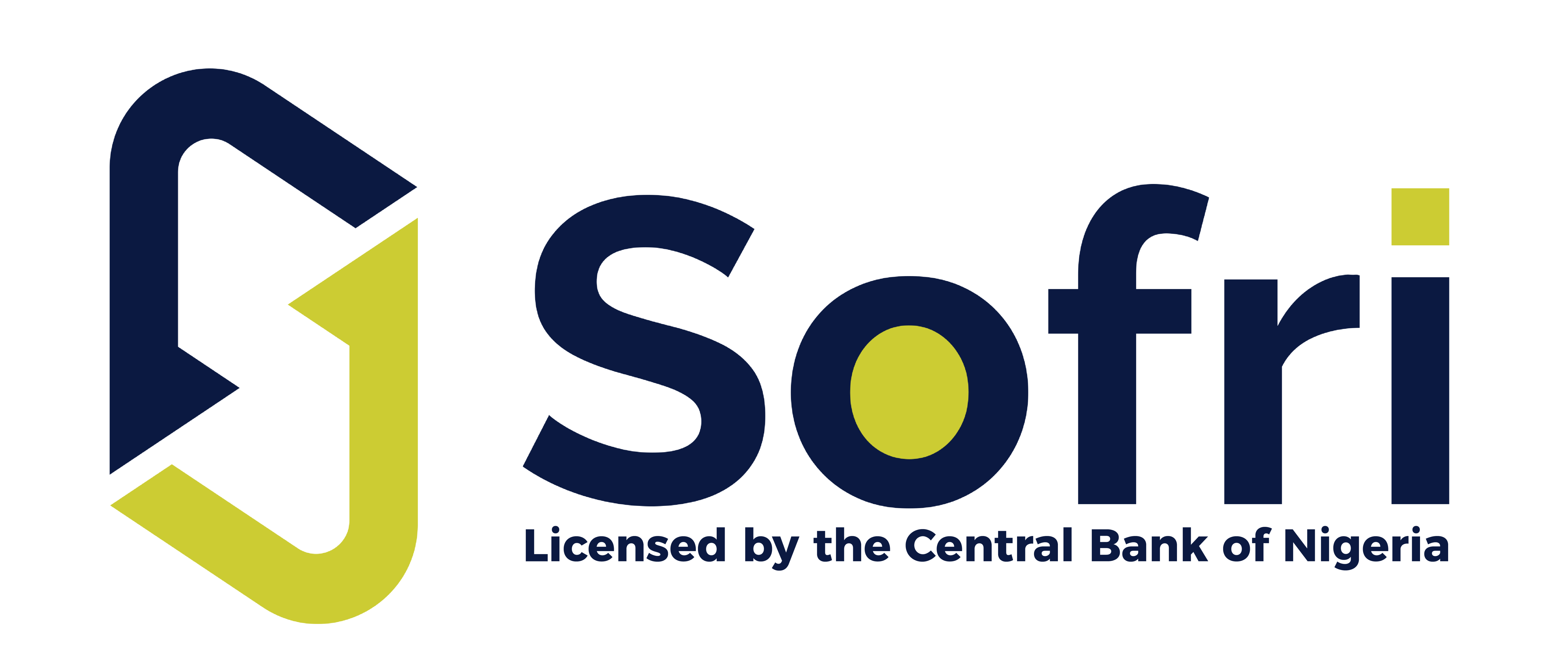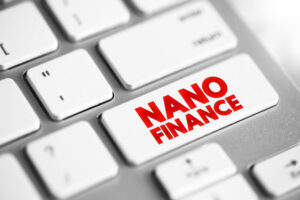Introduction to Psychology of Money
Psychology of Money: Understanding your relationship with money is essential, particularly in the context of Nigeria’s unique economic landscape. Money is more than just a means to an end—it reflects our values, experiences, and aspirations, and deeply influences our lifestyle choices. In Nigeria, cultural beliefs, family expectations, and the hustle to secure a better future play significant roles in shaping how we view and manage money. Whether it’s the pressure to support extended family, the desire to “show face,” or navigating financial uncertainties, these factors contribute to a complex relationship with money that impacts our daily lives.
The Psychology of Money
The psychology of money delves into how our beliefs and behaviours regarding wealth shape our decisions and, ultimately, our lives. For Nigerians, money often symbolizes more than just financial stability—it represents security, success, and social status. These perceptions are often rooted in childhood experiences, societal norms, and deeply ingrained cultural values. Many people develop money scripts, which are subconscious beliefs about money that guide their financial behaviour. These scripts can be positive, leading to healthy financial practices, or negative, resulting in stress, debt, and financial insecurity.
Understanding your relationship with money
To better understand your relationship with money, it’s important to reflect on your beliefs and behaviours. Do you view money as a tool for achieving your goals, or do you see it as a source of stress? A positive relationship with money involves making informed decisions, managing debt effectively, and maintaining a sense of financial security. In contrast, a negative relationship with money may lead to overspending, avoiding financial issues, or feeling constantly anxious about money.
How Your Relationship with Money Affects Your Lifestyle
Your relationship with money has a direct impact on your lifestyle. If you have a positive relationship with money, you likely have healthy financial habits such as budgeting, saving, and investing. This can lead to a sense of security and freedom, as you are able to cover expenses, save for the future, and handle financial emergencies. On the other hand, a negative relationship can result in chronic stress, financial dependence, and a lack of financial freedom. If you have a tendency to overspend, live beyond your means, or accrue debt, you may find yourself struggling to make ends meet and constantly worrying about money thereby affecting your overall well-being.

Three Steps to Build a Healthy Relationship with Money
Building a good relationship with money isn’t rocket science, but it does take some patience, consistency, and the right approach. If you’re reading this, you’re already on the right track. Let’s get into the practical steps to make your money work for you.
- Ask yourself some key questions: What are your thoughts and feelings about money? How do you behave with money, and are there any beliefs that might be limiting your potential? Reflecting on these questions can help you identify areas for improvement and set the foundation for a more positive financial mindset.
- Improve Your Mindset: Engage with resources that challenge and expand your views on money—whether through books, podcasts, or financial mentors. These tools can help you reshape your beliefs and develop healthier financial habits.
- Focus on making money work for you: This involves creating systems and habits that support your financial goals, such as automating savings or investing in long-term assets. By taking control of your finances, you can ensure that your money is working towards your future, rather than just being a source of mental stress.
In summary, understanding your relationship with money is crucial for achieving financial stability and a balanced lifestyle. By reflecting on your financial mindset, improving your habits, and making informed decisions, you can build a healthier relationship with money that aligns with your true goals and values. This journey requires patience and consistency, but the rewards—a secure, fulfilling financial life—are well worth the effort.



